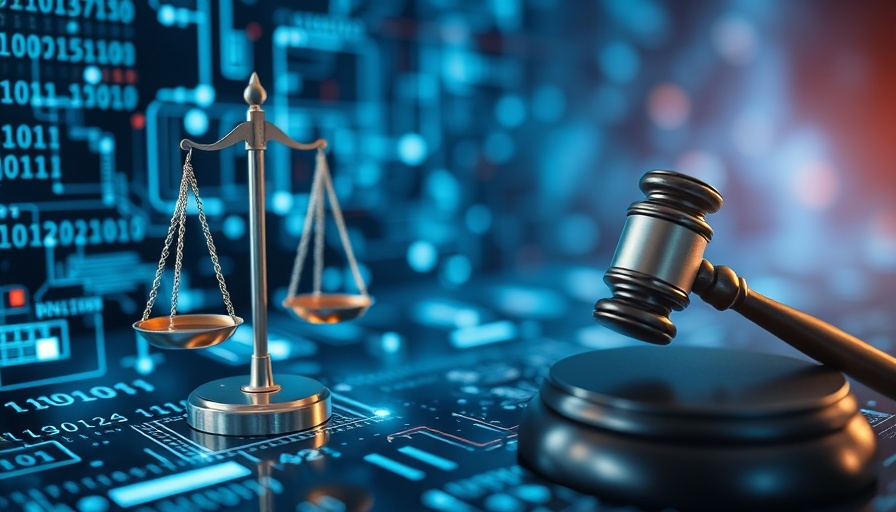
Trump's Revocation of AI Executive Order: A Challenge for Industry Leaders
As the Trump administration prepares to take office in the coming year, it is expected to dismantle numerous existing policies, including the AI executive order established by President Joe Biden. This executive order aimed to bolster government oversight and encourage AI model developers to implement stringent safety standards. However, its revocation could result in several challenges for enterprises, potentially leading to a chaotic AI landscape with fragmented regulations and reduced governmental support.
Historical Context and Background
Before the enactment of Biden's executive order, the need for AI regulation had been a topic of considerable debate. Policymakers engaged in numerous discussions with industry leaders to shape appropriate technological regulations. Under a Democrat-controlled Senate, there was a real possibility of advancing federal AI regulations. However, current sentiments suggest a diminished appetite for such blanket rules across political lines, leaving states to craft disparate policies—potentially muddling compliance for companies nationwide.
The Repercussions of State-Level Discrepancies
Experts like Gaurab Bansal and Dean Ball articulate concerns about a future where enterprise leaders face a patchwork of state-level regulations. The inconsistency could complicate compliance regimes for AI developers and users, as seen in California's unsuccessful attempt to enforce a 'kill switch' for AI models. Without federal oversight, states may follow California’s lead, placing a heavier regulatory burden on businesses that operate across multiple jurisdictions.
Voluntary Responsible AI: A Potential Path Forward
Even as federal regulations falter, industry practices around responsible AI development remain crucial. Companies like Microsoft are laying groundwork in anticipation of comprehensive AI laws, such as the European Union's AI Act. By integrating responsible AI measures early on, businesses can not only ensure compliance with existing international frameworks but also generate consumer trust and maintain ethical standards. Sarah Bird, from Microsoft's Responsible AI team, emphasizes the importance of embedding safety and governance in AI models from inception, a practice beneficial for startups and established entities alike.
Future Predictions and Trends
Looking ahead, the void left by the repeal of Biden's executive order may stimulate varied responses from companies striving to continue AI innovation within a fragmented regulatory environment. It might also spur innovation in self-regulation and collaboration among industry giants to establish universal best practices. As AI continues to evolve, anticipating and preparing for these challenges will be essential for maintaining competitive advantage and fostering responsible growth.
Unique Benefits of Knowing This Information
For industry executives and decision-makers, understanding the evolving landscape of AI regulation is paramount. This knowledge equips leaders to anticipate changes, streamline strategies, and implement actionable insights that align with both domestic and international standards. Moreover, it provides the opportunity to take proactive steps in fostering an ethical AI ecosystem that balances innovation with public safety concerns.
Valuable Insights: As regulatory landscapes shift, enterprises must anticipate and adapt to new data governance and compliance requirements, potentially fostering more innovative, ethical practices.
Learn More: Dive deeper into the implications of Biden's AI executive order reversal and how it can affect your business's strategy by reading the full article at VentureBeat.
Source: Original article available at https://venturebeat.com/ai/trump-revoking-biden-ai-eo-will-make-industry-more-chaotic-experts-say/
 Add Row
Add Row  Add
Add 


Write A Comment